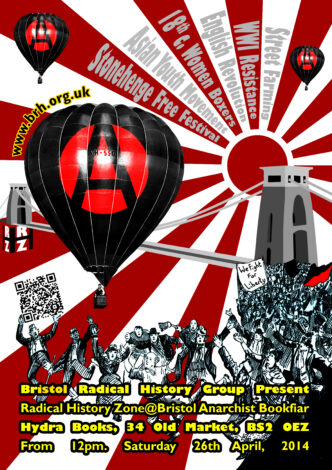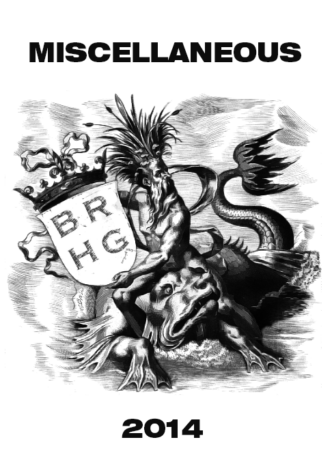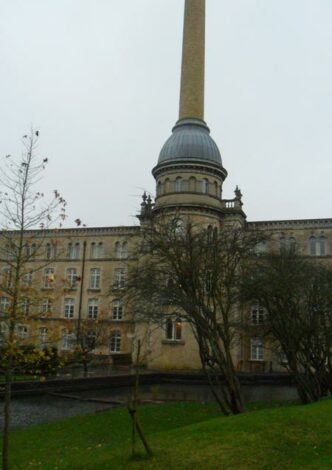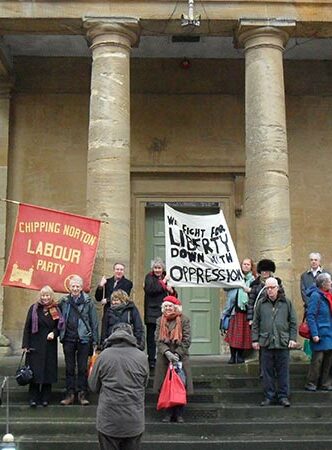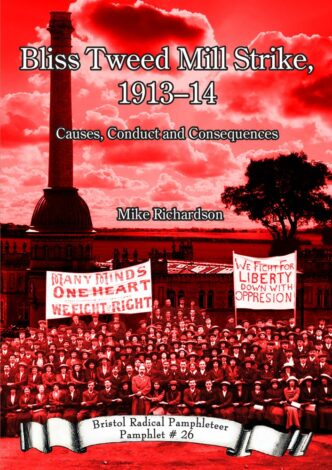WWI Resistance
Shirkers, Skulkers, Deserters and the 'Live and Let Live' Principle: Everyday Resistance to Combat on the Western Front in World War 1 With Roger Ball Fraternisation between opposing armed forces on the Western front on Christmas Day 1914 is part of the British collective memory; sold to us a momentary 'miracle' involving a few hundred troops. Of far more interest is the massive scale and crucially the context for these events. The everyday 'hidden' resistance of troops on both sides to the […]


